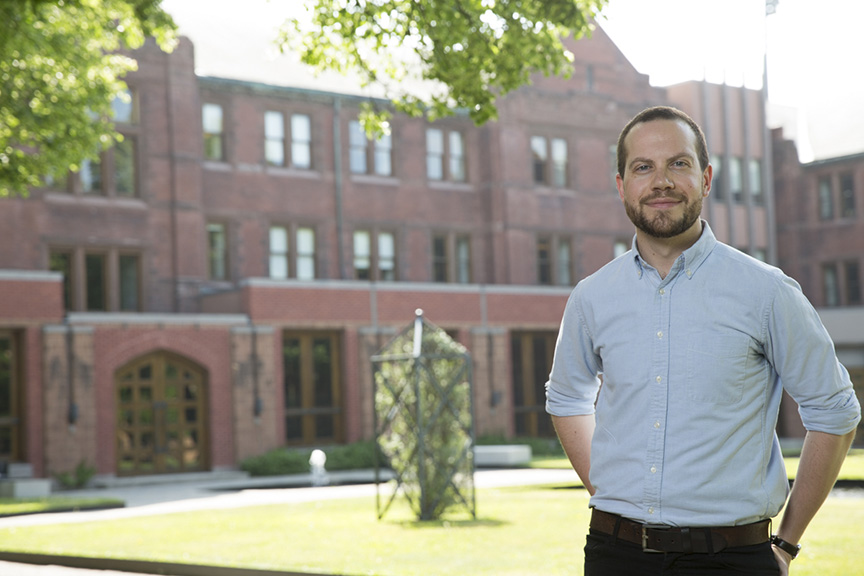Slavic and East European Languages and Cultures
Program Overview
The Graduate Department of Slavic and East European Languages and Cultures offers instruction leading to two degrees—Master of Arts and Doctor of Philosophy—in one of the broadest ranges of Slavic languages and literatures available in a North American university.
Courses are offered in the following areas:
- Croatian and Serbian Languages and Literatures
- Czech and Slovak Languages and Literatures
- Polish Language and Literature
- Russian Language and Literature
- Slavic Linguistics
- Ukrainian Language and Literature.
Visit the Department’s new website at https://slavic.artsci.utoronto.ca/.
Quick Facts
| Domestic | International | |
|---|---|---|
| Application deadline | MA, PhD: Fall 2024 Entry 12-Jan-2024 | MA, PhD: Fall 2024 Entry 12-Jan-2024 |
| Minimum admission average | MA: B- in final year of Bachelor’s PhD:A- average in Master’s | MA: B- in final year of Bachelor’s PhD:A- average in Master’s |
| Direct entry option from bachelor's to PhD? | PhD: No | PhD: No |
| Is a supervisor identified before or after admission? | PhD: After | PhD: After |
| Is a supervisor assigned by the graduate unit or secured by the applicant? | PhD: Applicant | PhD: Applicant |
| Are any standardized tests required/recommended? | MA, PhD: NA | MA, PhD: NA |

“My PhD is about the genesis and growth of the myth of Stalingrad in the Soviet Union and Russia.”
- Ian Garner
- PhD (2018), Slavic and East European Languages & Cultures
